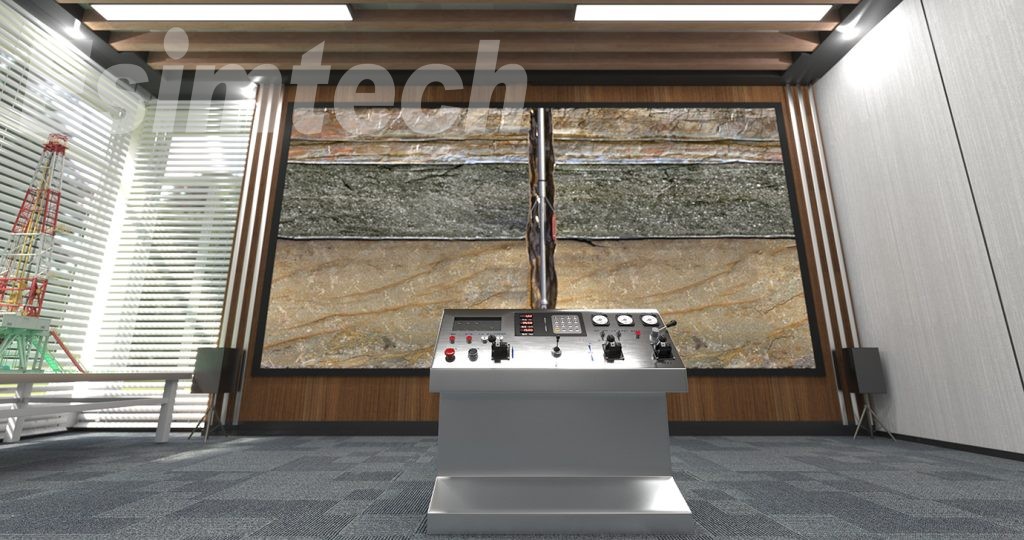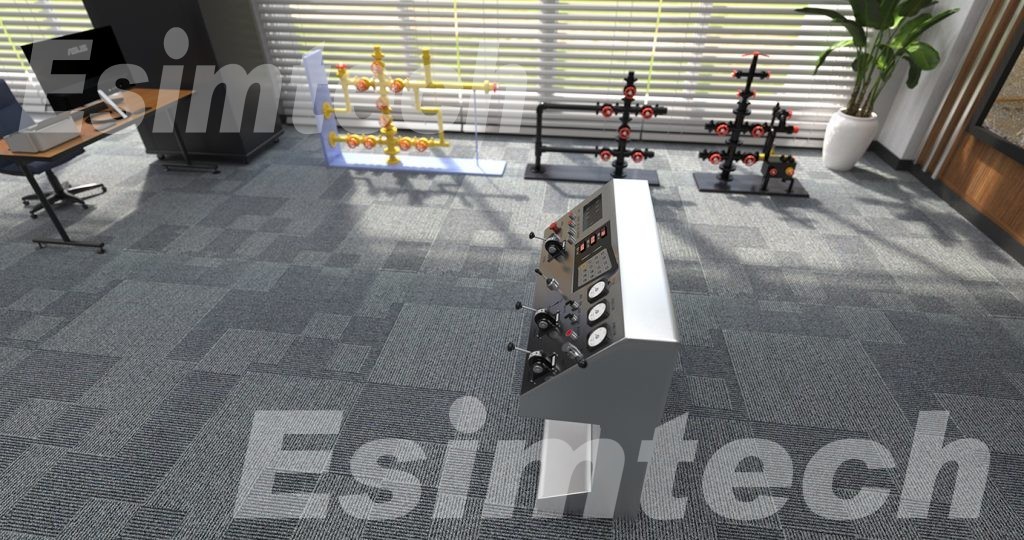Open Hole Well Logging Simulators: Transformative Tools for Well Logging and Reservoir Evaluation
Body
Open hole well logging is a crucial technique employed in the oil and gas industry for acquiring valuable insights into subsurface formations. This process involves inserting specialized equipment into an uncased wellbore to assess parameters such as resistivity, porosity, and rock density. In this context, the open hole well logging simulator emerges as a groundbreaking tool for training professionals and enhancing their expertise in interpreting well logging data.

The open hole well logging simulator is a sophisticated software program designed to replicate real-world well logging conditions. It creates a virtual environment where users can simulate and practice data interpretation from an open hole wellbore, offering an immersive learning experience that simplifies complex well logging concepts.
Features and Benefits of an Open Hole Well Logging Simulator
Realistic Data Generation: The simulator generates well logging data that closely mimics real readings, allowing users to simulate actual well logging settings and enhance their comprehension of logging tool responses and interpretations.
Variety of Logging Tools: The simulator includes a range of logging instruments commonly used in open hole well logging, such as resistivity, neutron, density, acoustic, and gamma-ray logs. Users can practice deploying and interpreting these diverse logging mechanisms.
Interactive Interface: The simulator features a user-friendly interface that enables hands-on simulation, parameter adjustments, and interactive data analysis. This interactive approach fosters active learning and skill development.
Multiple Scenarios: The simulator offers various well logging scenarios, each simulating distinct geological formations and wellbore conditions. This allows users to refine their interpretation skills under different contexts, enhancing their adaptability in real-world situations.
Data Visualization and Analysis: Advanced data visualization and analysis tools are integrated into the simulator, allowing users to plot and analyze the simulated well logging data to gain a deeper understanding of reservoir features and rock formations.
Calibration and Validation: The simulator ensures data accuracy by calibrating the simulated measurements against known values, guaranteeing dependable training results for users.
Error and Uncertainty Simulation: The simulator incorporates errors and uncertainties into synthetic data to mirror real-world challenges, assisting users in developing the ability to identify and mitigate uncertainty in actual well logging data.
User Progress Tracking: Throughout training sessions, the simulator tracks user development and performance, providing users with insights into their progress and areas for improvement.
Scenario Customization: Users can tailor parameters like wellbore trajectory, formation features, and logging tool configurations to create personalized scenarios, offering customized training experiences to meet individual learning goals.
Simulation Speed Control: Users can adjust the simulation speed to observe data collection and responses in real-time or slow motion, enhancing their understanding.
Virtual Wellbore Environment: The well logging simulator creates a lifelike wellbore environment complete with geological formations, wellbore pathways, and logging tool responses, immersing users in a realistic learning experience.
Error Diagnosis and Troubleshooting: The simulator includes tools for error diagnosis and troubleshooting to help users identify and rectify common well logging data interpretation errors.

Common Applications of an Open Hole Well Logging Simulator
Training and Education: Open hole well logging simulators are widely used in universities, technical schools, and training centers to educate and train professionals, allowing them to practice and enhance their interpretation skills in a cost-effective and risk-free environment.
Skill Enhancement: Even experienced experts can benefit from the simulator, using it as a valuable resource for refreshing and updating their well logging interpretation skills.
Research and Development: Researchers can utilize the simulator for testing novel well log interpretation methods and approaches, providing a controlled setting for experimenting with various scenarios and assessing the effectiveness of their methods.
Quality Assurance and Performance Evaluation: Oilfield service companies can employ the simulator to assess the competence of their well logging teams, ensuring high-quality well logging data interpretation and identifying areas for improvement.
Well Log Analysis Training: The simulator can be integrated into well log analysis training programs, preparing trainees for real-world well logging missions by allowing them to practice with various logging tools and analyze diverse data sets.
Reservoir Evaluation Practice: The simulator aids in practicing reservoir evaluation and subsurface formation characterization, facilitating the estimation of key reservoir parameters such as porosity, permeability, and fluid saturation for informed reservoir management decisions.
Team Collaboration and Training: Well logging teams can collaborate in a simulated environment to improve teamwork, communication skills, and problem-solving abilities, thereby enhancing their overall effectiveness.
In summary, open hole well logging simulators are essential tools shaping the future of well logging and reservoir evaluation. They will play a pivotal role in enhancing the knowledge and skills of professionals in the oil and gas industry.









Comments